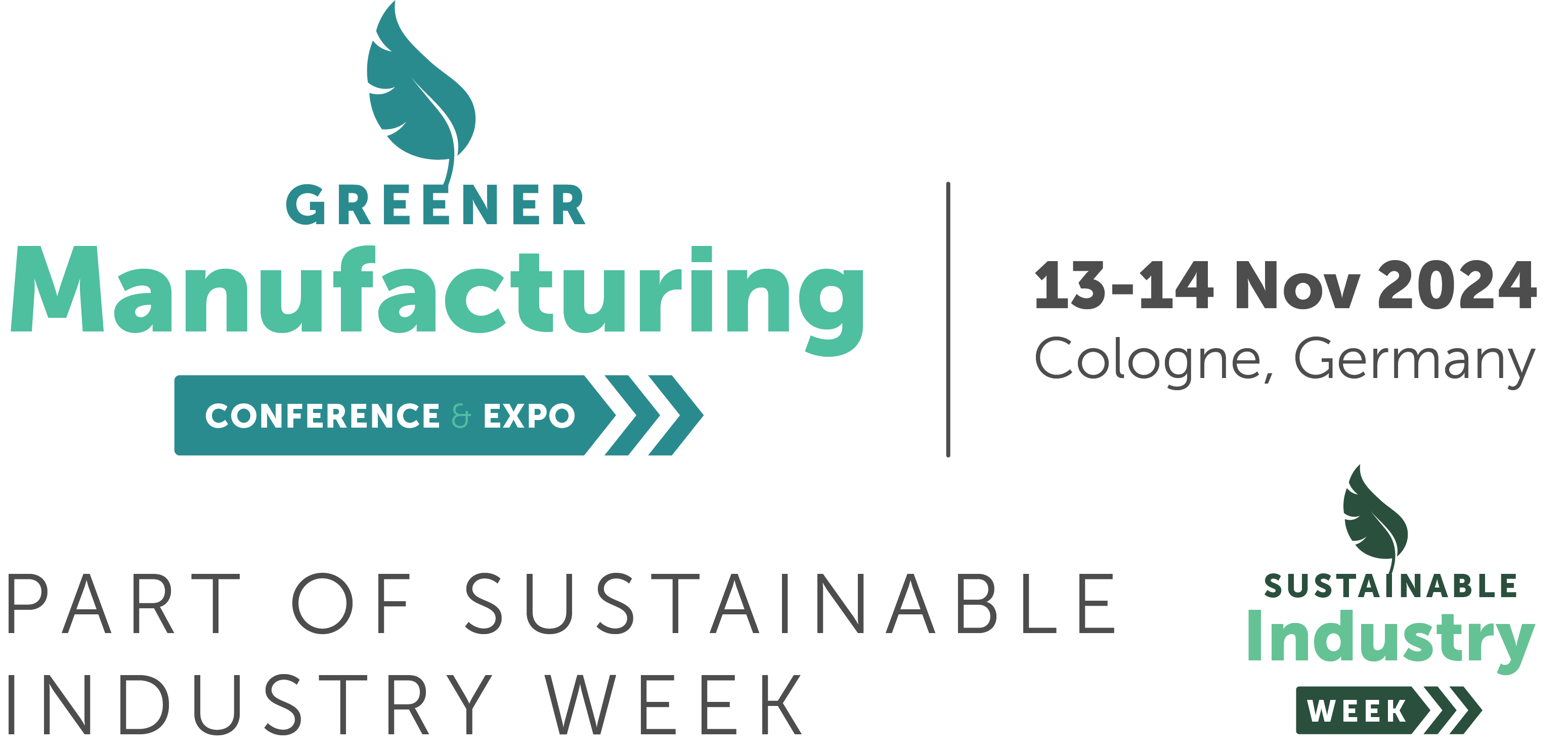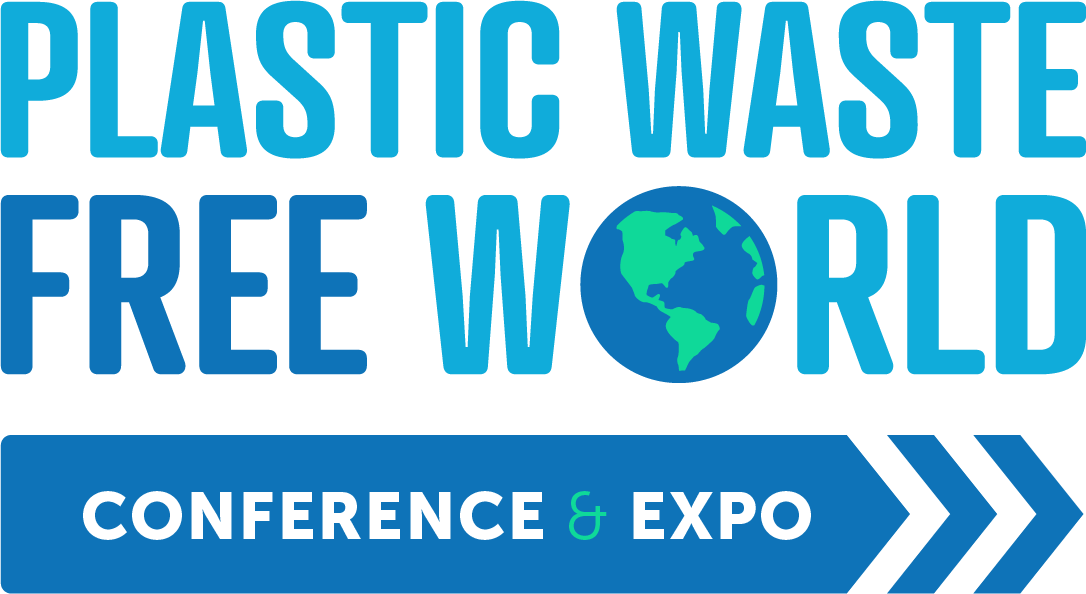BlueNalu Joins the United Nations Global Compact
)
BlueNalu, a global leader in the development of cell-cultured seafood, announced on 1 September that it has joined the United Nations (UN) Global Compact, demonstrating the company’s commitment to responsible and sustainable business practices.
The UN Global Compact is the largest corporate sustainability initiative in the world, with voluntary participation from over 16,000 companies, spanning 160 countries. The initiative provides guidance to its members to take actions that advance societal goals, utilizing ten key principles in the areas of human rights, labor, environment and anti-corruption. As a member, BlueNalu is committed to incorporating these principles into its strategies, setting the standard for public accountability and transparency in the cell-cultured seafood industry and sharing an annual Communication on Progress.
“As innovators of a critical new source of sustainable protein, creating seafood products responsibly and with integrity isn’t just a goal – it's paramount,” said Lou Cooperhouse, president & CEO at BlueNalu. “From the species we select, to the seafood we produce, and the markets we prioritize, every step is thoughtful and centered around helping to support the health of our planet, especially our ocean, the economies and livelihoods of people who depend upon it, and the welfare of animals and ecosystems. With this mindset, we selected bluefin tuna as our initial product, as this species is vulnerable to environmental and social challenges and limited in supply. We believe that a healthy ocean is essential for all life forms, and BlueNalu is committed to the preservation of our ocean’s biodiversity by championing SDG 14 – Life Below Water.”
The ocean is the planet’s largest ecosystem, providing 99% of the earth’s livable habitat, covering more than two-thirds of the earth’s surface, and consequently is the world’s largest carbon sink, absorbing around 25% of carbon emissions. This blue carbon, or carbon stored in ocean ecosystems and marine animals, could have significant benefits in mitigating the climate crisis. For example, a study by the International Monetary Fund estimates that, when left in the wild, the carbon capture potential of a great whale is around 33 tons CO2, while a tree absorbs only up to 48 pounds CO2 annually. While the amount of blue carbon associated with other marine animals, like bluefin tuna, needs further study, new research estimates that industrial fishing prevents the sequestration of 28.8% to 94.6% of the extracted carbon when wildlife is taken out of the ocean. BlueNalu explores blue carbon, along with other environmental and social challenges, and the potential impact of cell-cultured seafood in a newly released whitepaper on bluefin tuna, the company’s first product to market.
Press release





